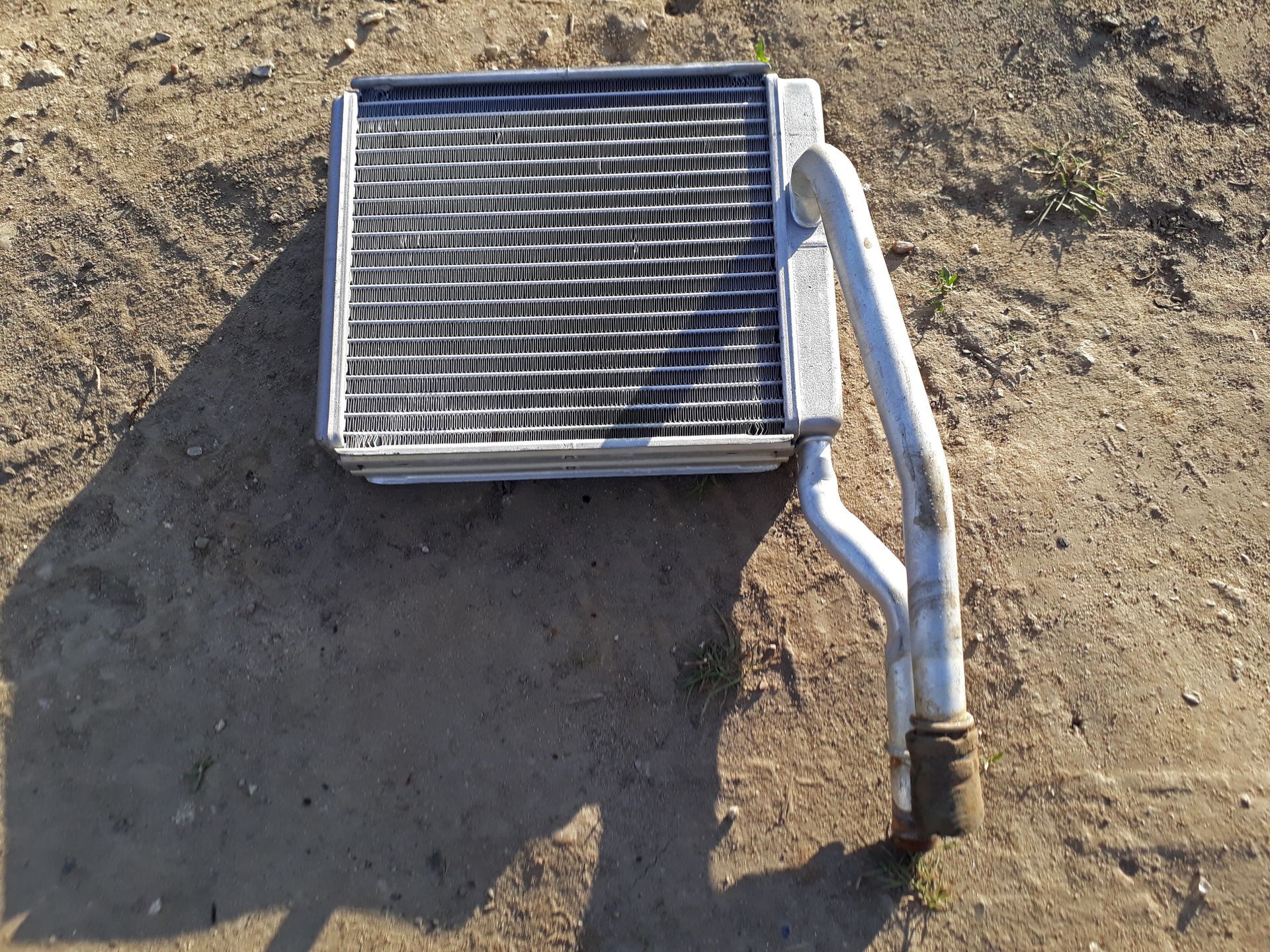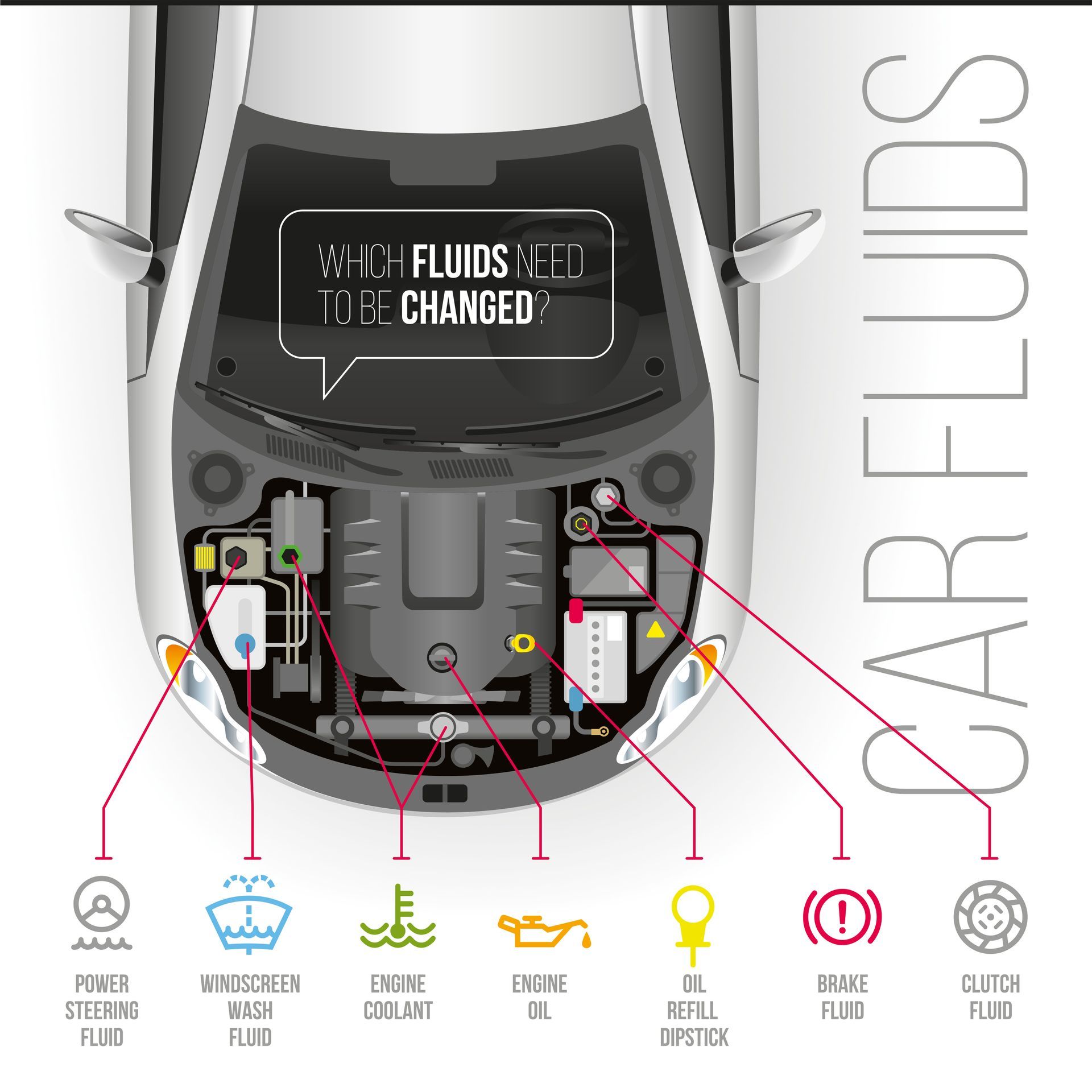Loading ...
Missing business hours data / Error occurred while getting the data.
Loading ...
Missing business hours data / Error occurred while getting the data.
The Importance of Oil Changes
September 27, 2024
Keeping your vehicle in good condition is all about proper maintenance, and oil changes are at the top of that list. As simple as it sounds, regularly changing your car’s oil is vital for its overall performance and longevity. But why is it so important? And what happens when you neglect this essential task?
What Does Oil Do for Your Engine?
Motor oil serves several essential functions. First and foremost, it lubricates the engine’s moving parts, reducing friction and wear. Without proper lubrication, these components can grind against each other, causing damage and overheating. Over time, this can lead to serious and costly engine repairs.
But oil doesn’t just lubricate. It also plays a role in keeping the engine clean. As the oil circulates, it picks up dirt, debris, and metal particles, preventing them from clogging or damaging other parts of the engine. In addition, motor oil helps cool the engine by absorbing excess heat, ensuring that your vehicle runs efficiently.
Why Regular Oil Changes Are Necessary
Over time, the oil in your engine breaks down and becomes less effective at doing its job. As the oil degrades, it loses its ability to lubricate and cool the engine effectively. This is why regular oil changes are so crucial—they ensure that fresh, clean oil is always circulating through your engine, providing optimal protection.
Skipping oil changes or going too long between them can lead to a variety of problems. Old oil becomes thick and sludgy, which can cause the engine to work harder than it should. This increases wear on internal parts and can even result in overheating. In extreme cases, neglecting oil changes can cause the engine to seize, leading to a complete breakdown and expensive repairs.
Signs It’s Time for an Oil Change
Even if you’re diligent about sticking to a regular oil change schedule, it’s a good idea to be aware of the signs that your vehicle may need fresh oil. One of the most common indicators is the oil change light on your dashboard, which typically appears when your vehicle’s sensors detect dirty or low oil levels.
Another warning sign is dirty or dark oil. Fresh motor oil is usually amber in color and fairly transparent. Over time, it turns darker as it collects contaminants from the engine. If you notice the oil on your dipstick looks black or gritty, it’s time for a change.
You might also hear unusual noises coming from the engine, such as knocking or ticking sounds. These noises can occur when the oil isn’t lubricating the engine parts properly, causing friction and wear.
The Risks of Neglecting Oil Changes
Neglecting regular oil changes can have severe consequences for your vehicle. At first, you might notice a decline in performance, such as reduced fuel efficiency or sluggish acceleration. However, the longer you go without an oil change, the more damage your engine will sustain.
Dirty or degraded oil can lead to overheating, which puts additional stress on the engine. Over time, this can cause the engine to warp or crack, leading to expensive repairs. In the worst-case scenario, the engine could seize completely, leaving you with a massive repair bill or the need to replace the entire engine.
Regular oil changes are a small investment that can save you significant time, money, and stress in the long run. By keeping fresh oil in your engine, you’re ensuring that it runs smoothly and efficiently, which helps extend the lifespan of your vehicle.
Don’t wait until it’s too late! Prevent costly engine repairs by maintaining a regular oil change schedule. Visit
Severson Auto Service for professional, reliable service you can trust. Book your oil change now!
Loading ...
Missing business hours data / Error occurred while getting the data.
Loading ...
Missing nap lines data / Error occured while getting the data.








